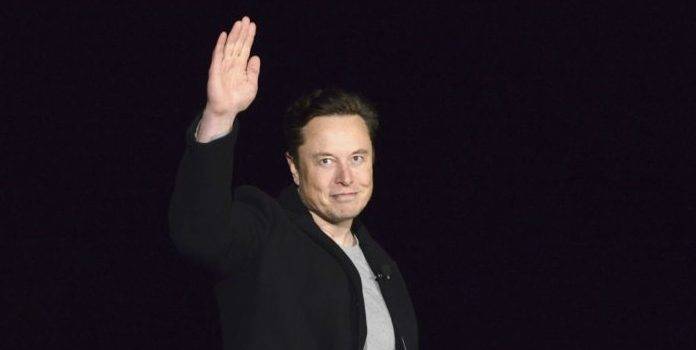(Jacob Bruns, Headline USA) Red-pilled billionaire Elon Musk schooled a CNBC reporter on conspiracies in an interview Tuesday, arguing that the mainstream media’s suppression of Hunter Biden’s laptop scandal constituted election meddling.
During the segment on CNBC’s Last Call, host David Faber accused Musk of promoting misinformation in the public square, Breitbart reported.
“You do some tweets that seem to be, or at least give support to, what some call conspiracy theories,” Faber said.
Musk, however, noted that many things that the mainstream media had derisively labeled “conspiracy theories” and refused to cover had subsequently been validated by the facts.
“Well, yes, but I mean, honestly, you know, some of these conspiracy theories have turned out to be true,” replied the Twitter CEO.
Specifically, Musk cited the Hunter Biden laptop story, which the mainstream media suppressed leading up to the 2020 election.
Faber even admitted Musk was correct. “That’s true,” he agreed.
According to Musk, the covering over of the Biden scandal turned out to be “a pretty big deal,” and the story was systematically ignored by numerous outlets.
“There was Twitter, and others engaged in an act of suppression of information that was relevant to the public,” Musk noted. “That’s a terrible thing that happened. That’s election interference.”
Faber later brought up a recent Musk tweet about George Soros, wherein he suggested that Soros wished to erode the foundations of civilization.
You assume they are good intentions. They are not. He wants to erode the very fabric of civilization. Soros hates humanity.
— Elon Musk (@elonmusk) May 16, 2023
“How do you make a choice in terms of when you’re going to engage?” Faber asked. “You said he wants to erode the very fabric of civilization and Soros hates humanity.”
“Yeah, I think that’s true,” Musk said. “That’s my opinion.”
In response, Faber questioned why an entrepreneur like Musk would risk alienating consumers and advertisers in his moneymaking ventures.
“Why share it when people who buy Teslas may not agree with you?” he asked. “[When] advertisers on Twitter may not agree with you?”
Musk, however, maintained that business concerns were secondary to fundamental political rights.
“Freedom of speech,” he replied. “I’m allowed to say what I want.”

